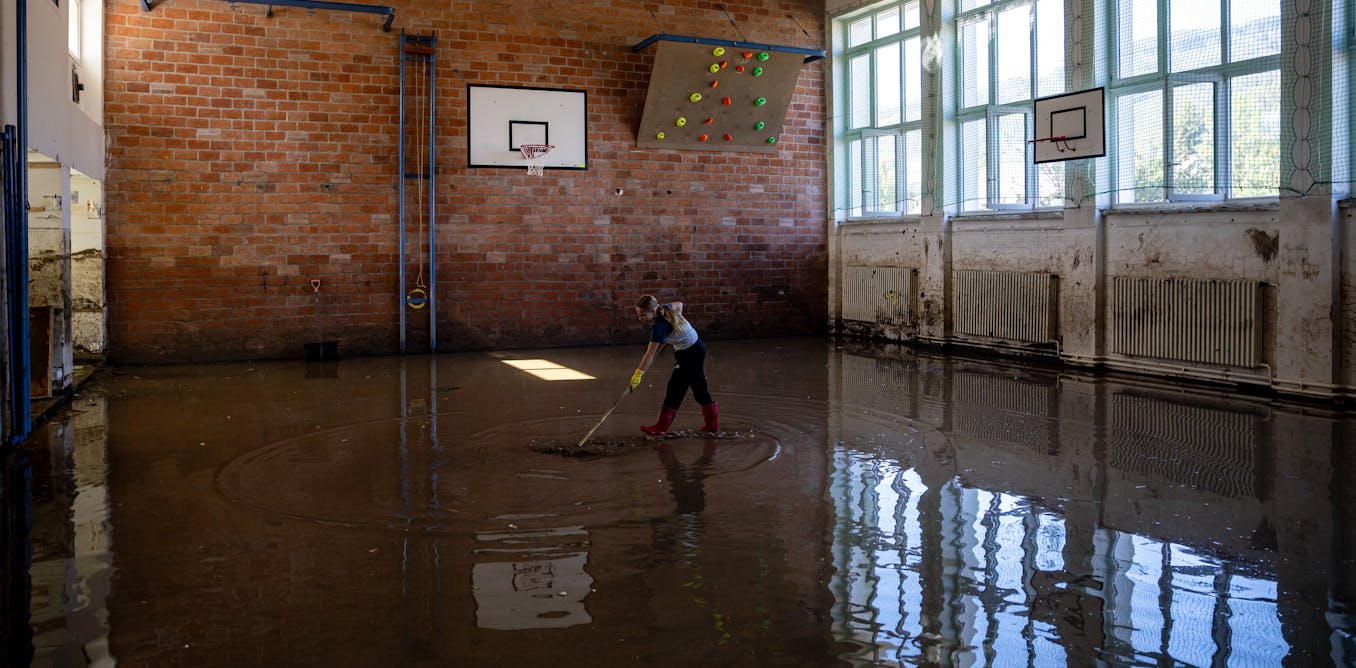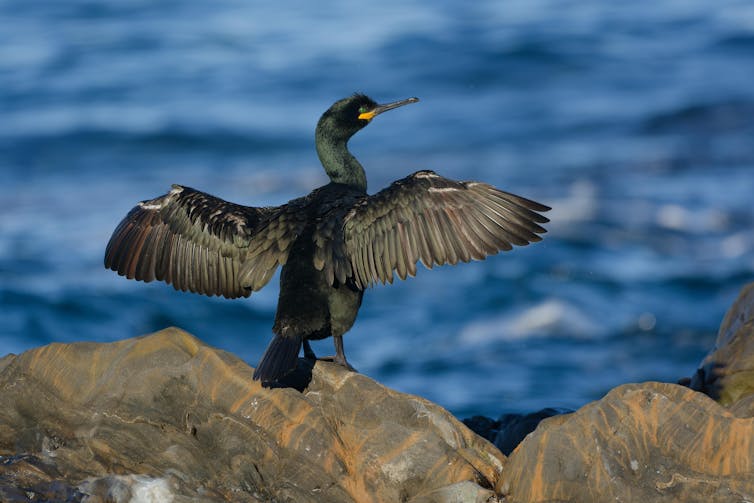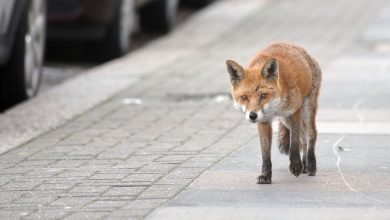Nature is adapting to climate change – why aren’t we?

مجلة المذنب نت متابعات عالمية:
Humanity may be no better prepared for the impacts of climate change today than in the 1970s.
So says a new study led by Stanford University researchers that compared how sensitive societies are to extreme weather now versus 50 years ago. This research has yet to be peer-reviewed, and its conclusions run counter to what many climate policy experts have long assumed. If they are accurate, it means that additional wealth, technology and climate-savvy have not meaningfully enhanced our protection as the weather has become more hostile.
This roundup of The Conversation’s climate coverage comes from our award-winning weekly climate action newsletter. Every Wednesday, The Conversation’s environment editor writes Imagine, a short email that goes a little deeper into just one climate issue. Join the 35,000+ readers who’ve subscribed.
Earth’s atmosphere has warmed and contains more moisture as a result of fossil fuel burning. Europeans reeling from Storm Boris can testify to the failure of even wealthy countries to adapt to this reality says Chris Medland, a PhD candidate in climate change resilience at the University of Surrey.
Read more:
Who’s to blame when climate change turns the lights off?
Eventually, everyone will feel this deficit.
“Your home may not be in the path of the next storm but the infrastructure it relies on might be,” Medland says.
Flood defences, power lines, rail networks – all of these things and more need to be built or upgraded to withstand mounting storms. Yet in the recently flooded UK, the companies that run utilities are not expressly obliged to ensure their networks remain resilient to climate change, Medland says. Nor is it clear who is ultimately responsible for keeping the lights on as the crisis intensifies.
Invaders must die?
If the accounts of biologists are anything to go by, the natural world is adapting to the effects of climate change far more radically than any human institution.
“Faced with the degradation of their habitat, the species that will survive will be those that are able to adapt,” says Suzanne Bonamour, a postdoctoral researcher in ecology at the Norwegian University of Science and Technology.
Bonamour studies an endangered seabird, the crested cormorant, and its struggles to feed itself and its brood amid stormier seas. These birds can migrate to escape a winter squall, but only some do.
Read more:
How cormorants are rethinking their migration routes in the face of climate change
Bonamour wonders whether adult birds might transmit this behaviour to their chicks, but she says that there is little that species can do to compensate for the catastrophe humans are engineering.

LABETAA Andre/Shutterstock
When plants and animals seeking cooler climes settle on new shores, they usually get a hostile reception. Attempting to root out these migrants is generally a mistake according to Heather Kharouba, an ecologist at the University of Ottawa.
“Stated plainly, the vast majority of intentionally or unintentionally introduced species are not a threat to native ecosystems,” she says.
Read more:
Climate change means we may have to learn to live with invasive species
Some arrivals do cause problems. In North America, “invasive species” include the emerald ash borer, an insect from north-eastern Asia that damages ash trees. But most control measures are laborious and expensive failures, Kharouba says. Some are even harmful, like using herbicides that afflict the native and non-native alike.
Kharouba cites numerous examples of introduced species enriching their new homes. More generally, there is a trade-off: forests in the eastern US that are turning gold with autumn’s onset now harbour fewer species, but they store more carbon.
“All this means that introduced plants could be well placed to support, or even buffer, current ecosystems as they undergo transitions due to climate change,” Kharouba says.
Nature offers stark evidence that the world is changing rapidly. What if we embraced it?
‘Not just a challenge’
Climate activists have typically shied away from discussing “climate adaptation” for fear of sounding defeatist says Joost de Moor, an assistant professor of political science at Sciences Po. There is cause to remain laser-focused on cutting emissions, he adds, but no excuse to neglect the question entirely.
If change is inevitable, what sort of world do we want to emerge from the climate crisis? In March 2023, protesters in western France seized the initiative when they opposed the construction of a 628,000 sq metre reservoir in the rural Sainte-Soline commune, de Moor says.
Read more:
How climate activists finally seized the issue of adaptation in 2023
France had suffered a historic drought, and so a huge artificial water reserve might have seemed prudent. Not if it involved draining a common resource, the water table, to serve a few farmers whose methods of agriculture already placed an untenable strain on struggling ecosystems, protesters argued.

EPA-EFE/Caroline Blumberg
The campaign sparked a vital debate about whose needs ought to be prioritised in a future with greater hardship says Lucien Thabourey, a sociologist of environmental activism at Sciences Po. Fortunately, there is also a conversation to be had about the ways in which everyone might live better.
Read more:
Sainte-Soline : un tournant pour les mouvements écologistes ?
“Some of the actions taken by humans to minimise the risk of catastrophic floods can actually make life more pleasant anyway, even when it isn’t raining,” says Maryam Imani, an associate professor of water systems engineering at Anglia Ruskin University.
Read more:
Torrential rain represents an opportunity to build a better society
“For this reason, we should see rains like this not just as a challenge, but as an opportunity.”
نشكركم على قراءة المنشور عبر مجلة المذنب نت, المتخصصة في التداول والعملات الرقمية والمشفرة















